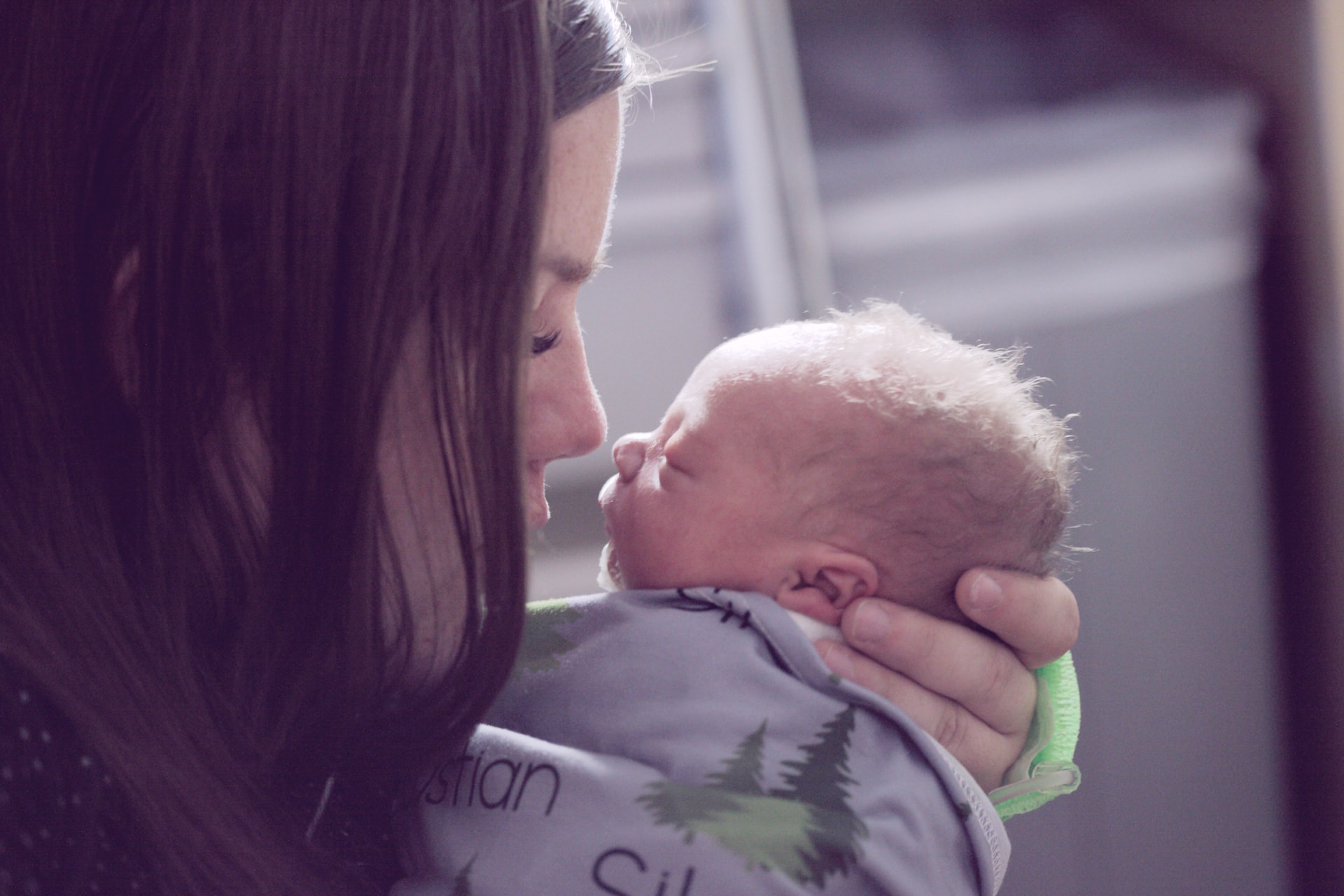The Impact of Pets on Mental Health
Medically Reviewed by Mark Hrymoc, M.D., Chief Medical Officer, double-board certified in General & Addiction Psychiatry Pets have long been a source of comfort and companionship, but in recent years, there has been increasing scientific recognition of the significant positive impact they have on mental health. From reducing stress and anxiety to improving emotional well-being, the relationship between humans and animals is powerful and deeply beneficial. Let’s explore how pets, particularly emotional support animals (ESAs), can enhance our mental health and the many advantages of pet ownership. The Link Between Pets and Mental Health Research has shown that pets offer emotional support that helps reduce feelings of loneliness, alleviate stress, and even combat more serious mental health issues like depression and anxiety. A 2019 study published in Frontiers in Psychology found that pet owners often experience lower blood pressure, reduced levels of cortisol (a stress hormone), and increased levels of …






